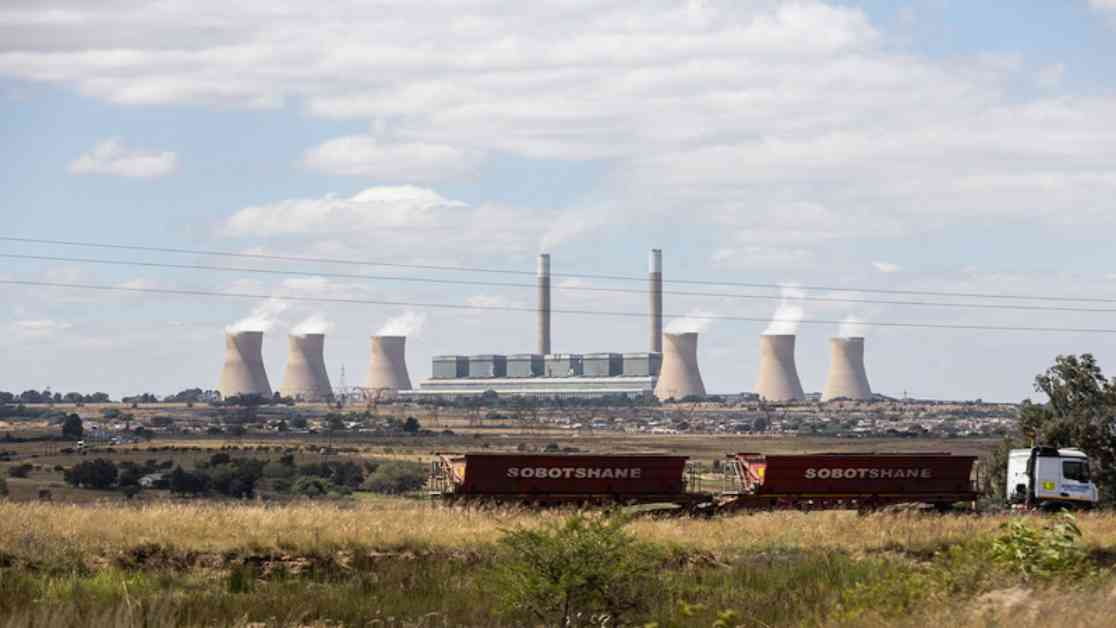South Africa’s Energy Transition Challenges Unveiled
South Africa’s journey towards a cleaner, greener energy future is facing significant hurdles, especially in its impoverished provinces. Despite being the first country to sign a multi-billion-dollar Just Energy Transition Partnership with wealthy nations in 2021, the reality on the ground paints a different picture. A new report by international research group Net Zero Tracker and South South North has revealed a stark disparity in the regional plans of South Africa’s nine provinces, with most lagging behind in supporting communities and workers through a green transition.
The Disparity Among Provinces
The analysis highlighted that provinces like Mpumalanga, KwaZulu-Natal, Limpopo, and Free State, heavily reliant on coal production, lack adequate plans to navigate the shift towards cleaner energy sources. This poses a significant risk of leaving poorer groups vulnerable and underserved in the transition process. On the contrary, the Western Cape stands out as a frontrunner in climate action, with comprehensive net-zero targets and robust just transition considerations integrated into regional policies.
City-Level Disparities
The study also shed light on the disparities among cities, with only Cape Town and Johannesburg demonstrating robust just transition considerations, while others showed minimal or no focus on this critical aspect. The lack of structured plans in coal-reliant provinces poses a looming threat to workers at mines and power plants, further exacerbating existing inequalities and risking community destabilization.
Local Governments Struggling to Implement Climate Policies
Blessing Manale, acting executive director of South Africa’s Presidential Climate Commission, emphasized the challenges faced by local government authorities in implementing effective climate policies. Governance, resource constraints, corruption, and varying political will are hindering the seamless execution of climate actions at the grassroots level. Manale called for enhanced political will and alignment of local initiatives with national directives to bolster climate responses.
Multinationals’ Limited Engagement with Just Transition
The report also highlighted the limited engagement of global brands like Apple, Amazon, and Google in just transition commitments within South Africa. These companies’ strategies often lack specific plans to support local communities and vulnerable groups, overlooking the critical role they play in fostering equitable transitions in host countries. The absence of mandatory ESG standards in South Africa further compounds the issue, leading to a disconnect between corporate plans and the country’s climate goals.
As South Africa navigates the complexities of its energy transition, bridging the gap between national strategies and local implementation is crucial to ensure an equitable and sustainable shift towards cleaner energy sources. The challenges faced by impoverished provinces and the limited engagement of multinationals underscore the need for concerted efforts at all levels to achieve a just and inclusive transition for all stakeholders involved.














